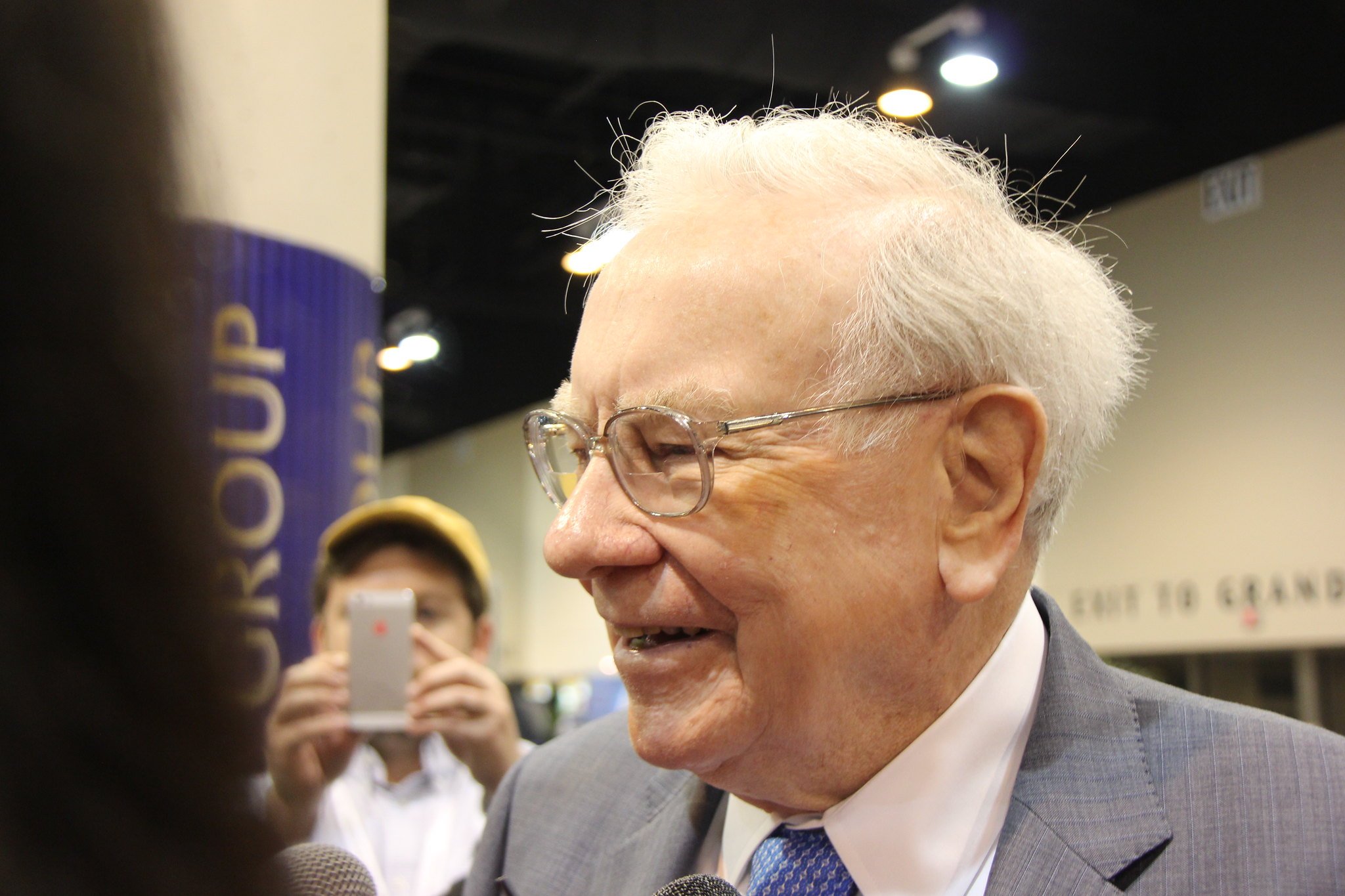The "StressTest" column appears every Thursday on Fool.com. Check back weekly, and follow @TMFStressTest on Twitter.

A careful observer might wonder if the widespread adoration for Warren Buffett is little more than lip service. Or, at the very least, some Buffett admirers are suffering from a bout of cognitive dissonance.
In the wake of the Great Recession, a great many investors -- not to mention the media -- have yet to get over the crisis-induced hatred of banks. A quick search of headlines over the past year is revealing:
"Bank of America too big, complex to be manageable"
"Wilbur Ross: Banks 'Too Complex to Manage'"
"Bank Of America Has Failed Shareholders"
"19,654 Reasons Big Banks Are Too Complex"
To read much of it, there's no hope for the banks' own executives -- let alone outside investors -- to understand what's going on in those banks. Investing in a situation like that would be financial suicide.
But the much-revered Buffett seems to be on a completely different page.
At Berkshire Hathaway (NYSE: BRK-A) (NYSE: BRK-B) Buffett has a portfolio that's top-heavy with financial-industry exposure, and he's particularly overweight in large-cap banks. Wells Fargo (WFC +0.78%) is the conglomerate's single largest common-stock holding at close to $20 billion. The company also holds a $2 billion-plus position in U.S. Bancorp (USB 0.04%). Combined positions in Bank of New York Mellon (BK 0.73%) and M&T Bank (MTB +0.70%) come out to more than $1 billion. Berkshire will also have a large common-stock position in Goldman Sachs (GS 0.20%) when the companies settle up Berkshire's warrants later this year. Based on today's share price for Goldman, that stake would likely be over $2 billion. Finally, the company has a $5 billion preferred-stock investment in Bank of America (BAC +0.84%).
One of two things is clear here. One possibility is that Buffett has no idea what he's doing and is throwing darts at the wall. "Understand what you're investing in" be damned! He's buying bank stocks because he's buying bank stocks. He's Warren Buffett after all, why would he need to actually understand the businesses?
The other possibility is that Warren Buffett understands something that the media and many other investors don't. Perhaps that the basic banking business is a really darn attractive one -- borrow at one rate, lend at a higher one, put modest leverage on your balance sheet, rinse, repeat, collect your handsome profits. Or maybe he understands the big banks aren't quite as complex as many want to paint them. Sure, Bank of America has trading operations, and it buys and writes derivatives. But most of the bank's profits come from its consumer and business banking -- that is, traditional "vanilla" banking.
The key though -- if we're buying into scenario No. 2 -- is that Buffett "understands." Berkshire has owned Wells Fargo for more than 20 years. Ownership of M&T goes back more than a decade. Heck, until 1980, when regulatory changes forced the sale, Berkshire owned an entire bank outright (Illinois National Bank and Trust of Rockford). In other words, this isn't an industry that Buffett stumbled on over the last couple of years, read a few Wall Street Journal articles, and decided that it was ripe for a few-billion-dollar investment. This is a business and industry that Buffett knows backward and forward.
You might think the message here is that you should ignore the media and the wailing and gnashing of teeth over big banks and go ahead and buy some bank stocks. But that'd miss the point. Sure, I think a lot of the fretting over the banks is off-base. But the route to realizing that shouldn't be simply reading my opinion. Or, for that matter, noting that Buffett is betting heavily on the industry. Instead, that realization should come through a thorough understanding of the banking business, and how and why the banks are set to outperform in the years ahead.
How do you get to that point? If Buffett is any model, one route is to read everything you can. After making a multibillion-dollar investment in IBM at Berkshire, Buffett said he'd been reading the company's annual report for 50 years. That's a lot of study for a single investment. (Hey, nobody said this was easy!)
So sure, perhaps Warren Buffett knows nothing and is making a big mistake by investing in banks. Or, maybe, just maybe, Buffett is loading up on banks because he knows what he knows, and thanks to that, he knows how to identify a big opportunity within that circle of competence.





